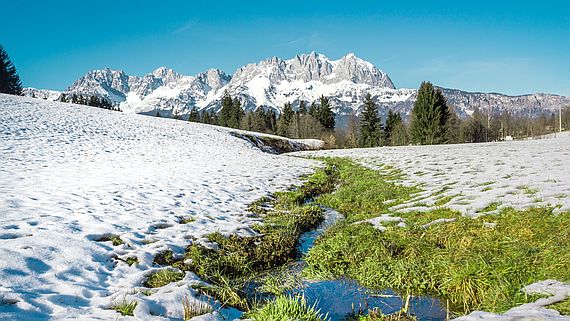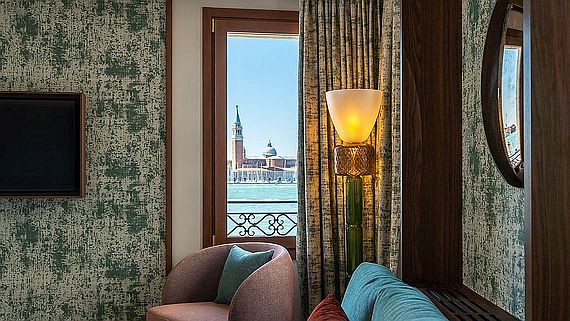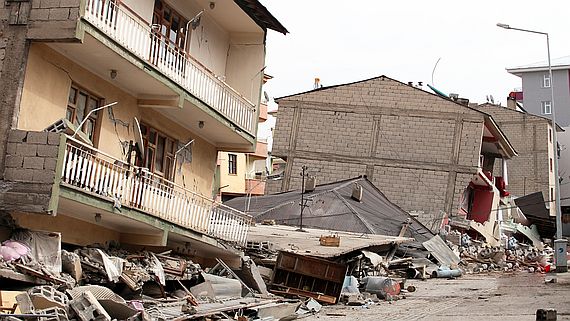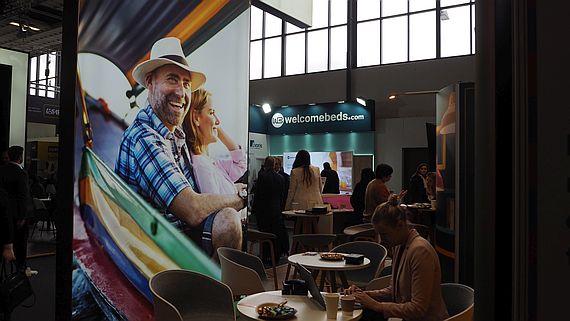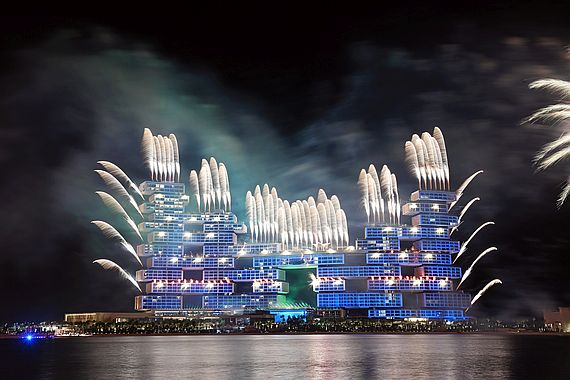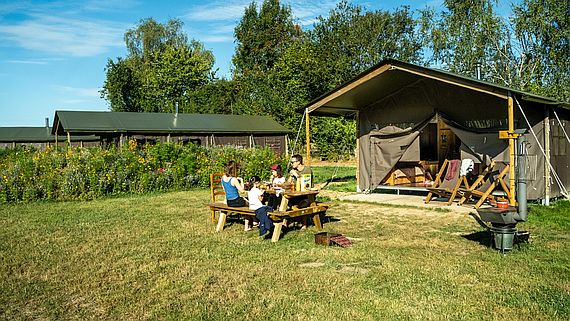
News & Stories
Kitzbühel. The return to "normal" after Covid-19 by no means happens as euphorically as might be assumed based on increased revenue. Businesses are holding back on investments and in the case of the small hotel units, an increasingly well-educated youth is more frequently refusing to take over the reins at the family business as their parents retire. On the other hand, newcomers from other sectors of the economy make for the most spectacular new hotels. And this is not only true for Austria. The "Prodinger Summit" in Kitzbühel made this development clear.
Berlin. The National Platform for the Future of Tourism was launched in Berlin at the beginning of the week. It is a tool to implement the National Tourism Strategy agreed upon in the coalition agreement. There was much praise for it in the industry, but some lacked the broader view.
Hamburg/Shanghai. After almost four years, our China expert Prof. Dr. Wolfgang Arlt travelled to China again for the first time. He discovers grave changes in the hospitality world: Among other things, there are too few but poor service staff, delivery services are the new room service, huge food courts move into empty shopping malls and future travellers heading west are longing for activities.
Milan. Bureaucratic hurdles and high taxes make it very hard for Italian hoteliers to solve their HR problems. Inflation and high energy costs have lost some of their scare. Now the next challenge is looming: the travel flow is picking up strongly, Italy is expecting over-tourism. The CEOs of Alpitour, the Lungarno Collection, Blu Hotels, Planetaria Hotels and Gruppo Uno discussed their daily issues in Milan. All of them have made big leaps in turnover and profit.
Vienna. The winter in the tourism land of Austria is coming to an end with record numbers of overnight stays and employees. Nonetheless, all businesses are complaining about staff shortages. Austria's associations always analyse their numbers exemplarily, and see the following: By providing better childcare, many mothers would return to their jobs – and the problem would be solved completely. Adult trainees bring relief.
Munich. The Easter season is coming up. And camping will remain an affordable form of holiday in 2023. Prices are "only" rising by an average of 7% across Europe. The Croatians have increased their prices the most, in Great Britain they are decreasing.
Istanbul. The series of earthquakes hitting the eastern part of Turkey has left thousands dead or injured, and millions homeless. The hospitality sector locally and internationally came to the rescue. Many hotels which were closed, have reopened their accommodation. Now, the question is, what will happen to their unexpected guests once the busy tourist season starts again? In terms of tourism, Turkey has fully recovered from the pandemic.
Berlin. At the end of the show most faces were beaming. But the future of ITB Berlin after three years of suspension due to the pandemic will be decided by the exhibitors' business figures. Those who were not satisfied and spent a lot of money in Berlin this year will not come back. Long-distance destinations were the big magnet. But the hotel industry as another tourism barometer at ITB is apparently dissolving: Hall 9 is no longer the "hotel hall".
More is more
Dubai. Just a few weeks ago, the world's top socialites, models, influencers and celebrities were in Dubai for the launch of the new but already iconic Hotel Atlantis The Royal. After 14 years of waiting, the ultra-luxury property was celebrated in a three-day multi-million-dollar party with glitz, glam, and fireworks. A staggering 1.4 billion dollars was invested in the "bumpy" development of this hotel/residence which is setting the bar high for luxury as Dubai is getting ready to respond to Saudi Arabia's new ambitions in tourism.
Amsterdam. Slow Travel is gaining momentum, yet experts insist, it's more than just a trend, it is a state of mind. Slow travellers nurture new priorities: low-impact tourism, engaging with people and communities, and being aware of their carbon footprint. Brands like Six Senses or Eco-Lodges have been betting on Slow Travel for years. Now Boerenbed, a Dutch concept of lodges on farms has captured the interest of a fund – aside from a handful of other hospitality brands and platforms we introduce here.
